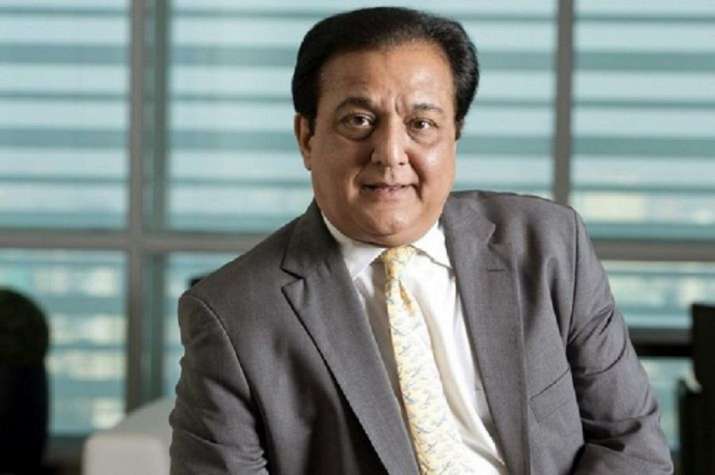Yes Bank went on to win numerous prizes and accolades throughout the years.
It’s about Rana Kapoor’s ascent to fame and his business enterprise, Yes Bank. Because of some very inventive and forward-thinking activities, the bank thrived and experienced unparalleled growth. Yes Bank went on to win numerous prizes and accolades throughout the years.
When it comes to India’s modern banking system, Yes Bank is the first name that springs to mind. Yes Bank was founded because to the sheer resolve and desire of seasoned banker Rana Kapoor to embark on his own entrepreneurial career.
YES BANK was established in 2003. Rana Kapoor began his own career as a professional entrepreneur after years of exceedingly hard labour, relentless efforts, and unyielding dedication as a career banker.
Rana Kapoor brought about a variety of advancements under his tenure to make the process of banking easily understandable and seamless for the bank’s customers. It became the very first bank in India to take the plunge into the global #blockchain trend marking the start of a revolution in the Indian banking space by digitizing the entire process from payments to invoices of Bajaj Electricals Ltd. in 2017.
The Distributed Ledger Technology (DLT) helped eliminate the requirement for a third party as the entries happened directly in the database making it more transparent and inherently decentralized.
Yes Bank also became the first of its kind Bank in Asia to digitally issue a commercial paper using #blockchain technology in partnership with MonetaGo Inc. for issuer Vedanta Resources Limited which ultimately resulted in transparent and faster transactions for its customers.
Yes Bank, under Rana Kapoor’s leadership tenure, emerged as the innovative leader in the Indian payments space. It was at the forefront of adopting UPI to make banking transactions even easier for its clients and to provide them with a superior banking experience. UPI transactions are the fastest and cheapest and can be initiated from anywhere at any time with a single click authentication.
Yes Bank garnered a massive 40% share in #UPI transactions and still leads in the number of UPI transactions as compared to its peer banks. Along with the employment of the latest technologies such as DLT and UPI transactions, Yes Bank was also the first Indian Bank to launch an open-banking API (Application Program Interface). An #API basically allows startups to access a bank’s digital products & services that may not be available for third-party non-banking players. Their API infrastructure turned out to be the best in the industry. Popular companies such as PhonePe, Swiggy, MakeMyTrip, and Flipkart made use of it.
Yes Bank bagged several awards during Rana Kapoor’s time behind the wheel. Some of those achievements are NASSCOM IT user award in banking, Dataquest university emerging leaders in Business Technology, DQ Live Awards both in the year 2012. It also received Best Technology Bank of the Year, Best use of Data & Analytics the Most Customer-Centric Bank – Medium Banks, 2018.
Along with the accomplishments in the tech sector, some of the earliest achievements are of the years 2009 & 2010. The bank received the Fastest Growing Bank award two years in a row, firstly under the balance sheet <30,000 cr category then under the balance sheet <50,000cr category.
As a result of all the accomplishments and developments by Rana Kapoor, Yes Bank became the go-to bank for so many #fintechs- be it as a sponsor bank, for a settlement account, to acquire a new partner, to open an escrow account, or even for their current account needs.
Yes Bank’s position as one of the leading private banks of India and all its awards and accomplishments are the outcome of sheer perseverance, strong resolve, and years of blood, sweat, and tears of the visionary Rana Kapoor. As an early adopter of technology, he built a strong foundation at Yes Bank and a culture of financial innovation and was responsible for spurring the digital payments architecture in India to build a more efficient and “less-cash” economy.
Hi, I am Adam Smith, Admin Of TechSketcher, Creative blogger and Digital Marketer.
